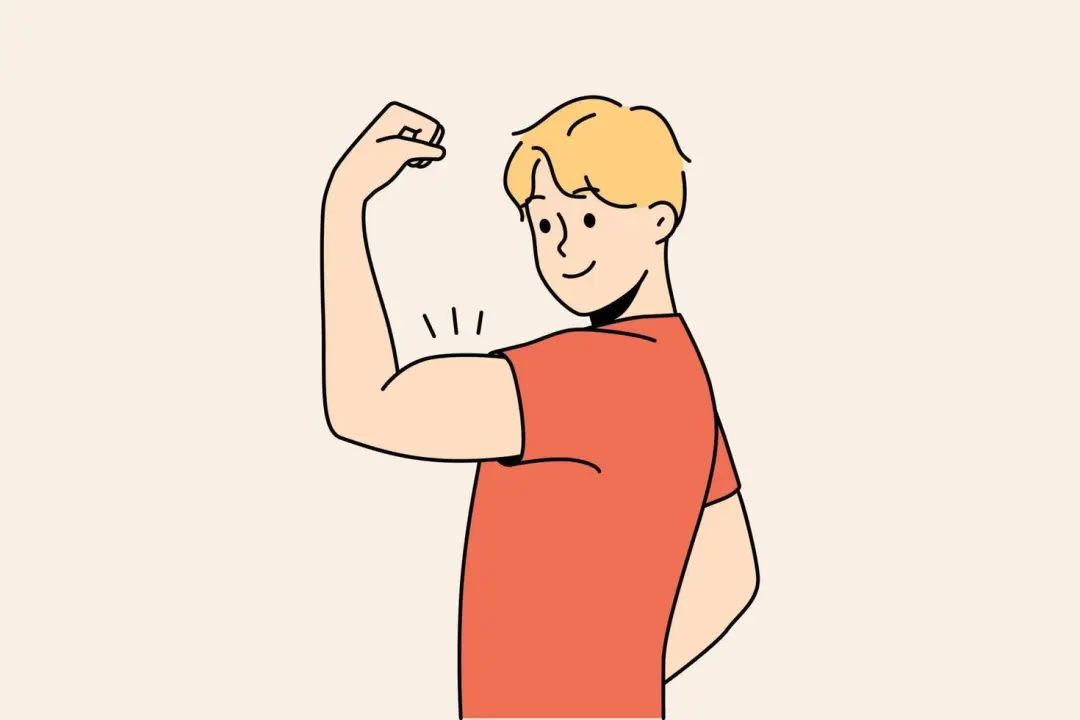Title: ENFJ Compatibility: Exploring the Matchmaking of the 16 Personality Types
Introduction
The Myers-Briggs Type Indicator (MBTI) is a widely-used personality framework that categorizes individuals into 16 distinct types based on their preferences in four dichotomies: Extraversion/Introversion, Sensing/Intuition, Thinking/Feeling, and Judging/Perceiving. Among these types, the ENFJ (Extraversion, Intuition, Feeling, Judging) stands out as a personality characterized by their charismatic leadership, empathetic nature, and strong desire to help others. This article delves into the compatibility of ENFJs with other personality types, exploring the dynamics that make for successful partnerships and the challenges that may arise in less compatible relationships.
ENFJ Personality Overview
ENFJs, often referred to as "The Protagonist," are natural-born leaders who exude confidence and warmth. They are driven by a deep sense of altruism, seeking to uplift and guide those around them. ENFJs are excellent communicators, with a knack for understanding and articulating the needs and emotions of others. Their dominant function, Extraverted Feeling (Fe), allows them to connect with people on an emotional level, while their auxiliary function, Introverted Intuition (Ni), helps them to envision future possibilities and guide their actions accordingly.
Compatibility Factors
1. **Complementary Functions**: In MBTI theory, compatibility is often analyzed through the lens of cognitive functions. ENFJs, with their Fe-Ni stack, are most compatible with types that have a Judging function that complements their own. For instance, INFJs, with their Ni-Fe stack, mirror the ENFJ's function order, creating a harmonious flow of understanding and empathy.
2. **Shared Values**: ENFJs are drawn to partners who share their values of compassion, social justice, and personal growth. Types like INFPs and ISFPs, who also prioritize these values, can form deep, meaningful connections with ENFJs.
3. **Balance of Extraversion and Introversion**: While ENFJs are extroverted, they also appreciate partners who can balance their energy. Introverted types, such as INTJs and ISTPs, can provide the ENFJ with the space to reflect and recharge, while still engaging in stimulating conversations and activities.
Challenges in Compatibility
1. **Perceiving Types**: ENFJs may struggle with types that prioritize spontaneity and flexibility, such as ENFPs and ESTPs. The ENFJ's need for structure and planning can clash with the Perceiving type's preference for adaptability.
2. **Thinking vs. Feeling**: ENFJs' strong Feeling function can sometimes lead to conflicts with Thinking types, who prioritize logic and objective analysis. Types like ENTJs and ISTJs may find the ENFJ's emotional approach overwhelming, while the ENFJ may perceive the Thinking type's detachment as cold or insensitive.
3. **Conflict Resolution**: ENFJs are typically conflict-avoidant, preferring to maintain harmony. This can be challenging when paired with types that are more confrontational or direct, such as ENTJs or ESTJs.
Conclusion
In the realm of MBTI, ENFJ compatibility is a nuanced topic that requires an understanding of both the strengths and potential pitfalls of each personality type. While there are no hard and fast rules for compatibility, recognizing the interplay of cognitive functions, shared values, and the balance of personality traits can guide ENFJs in their quest for meaningful relationships. Whether it's a partnership, friendship, or professional collaboration, ENFJs can thrive when they find a complementary match that respects their empathetic nature and leadership qualities. As with all personality types, the key to successful relationships lies in mutual understanding, respect, and the willingness to navigate the complexities of human connection.

微信公众账号
微信扫一扫加关注
评论 返回
顶部





发表评论 取消回复